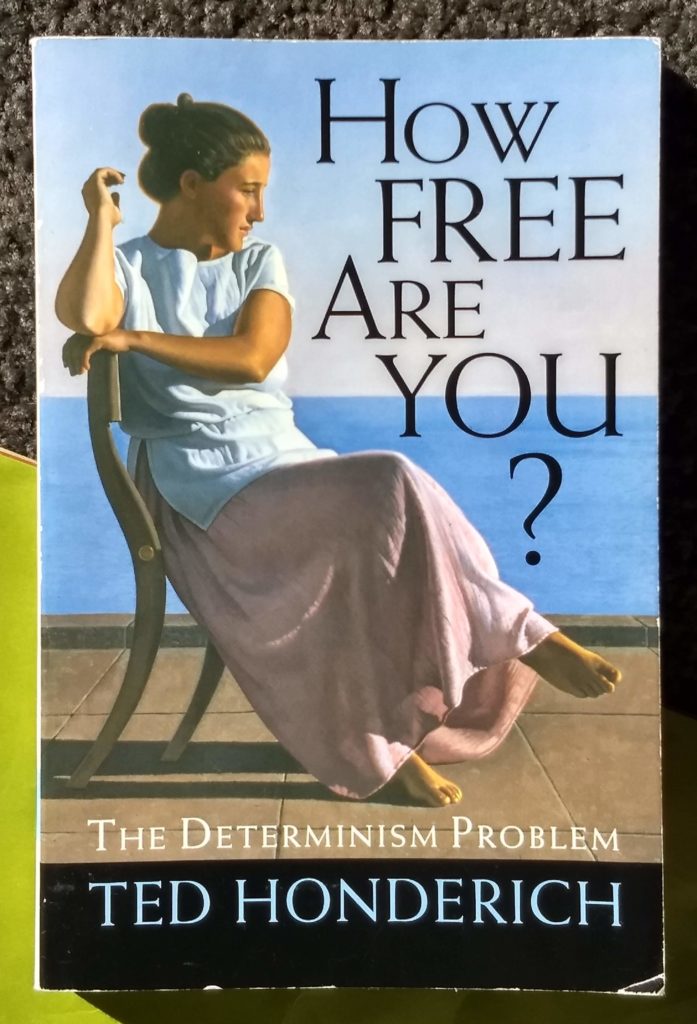
Science tells us that determinism (or near-determinism) is very likely to be true. Yet we feel as if we have free will. How can these be reconciled?
Continue reading
Science tells us that determinism (or near-determinism) is very likely to be true. Yet we feel as if we have free will. How can these be reconciled?
Continue reading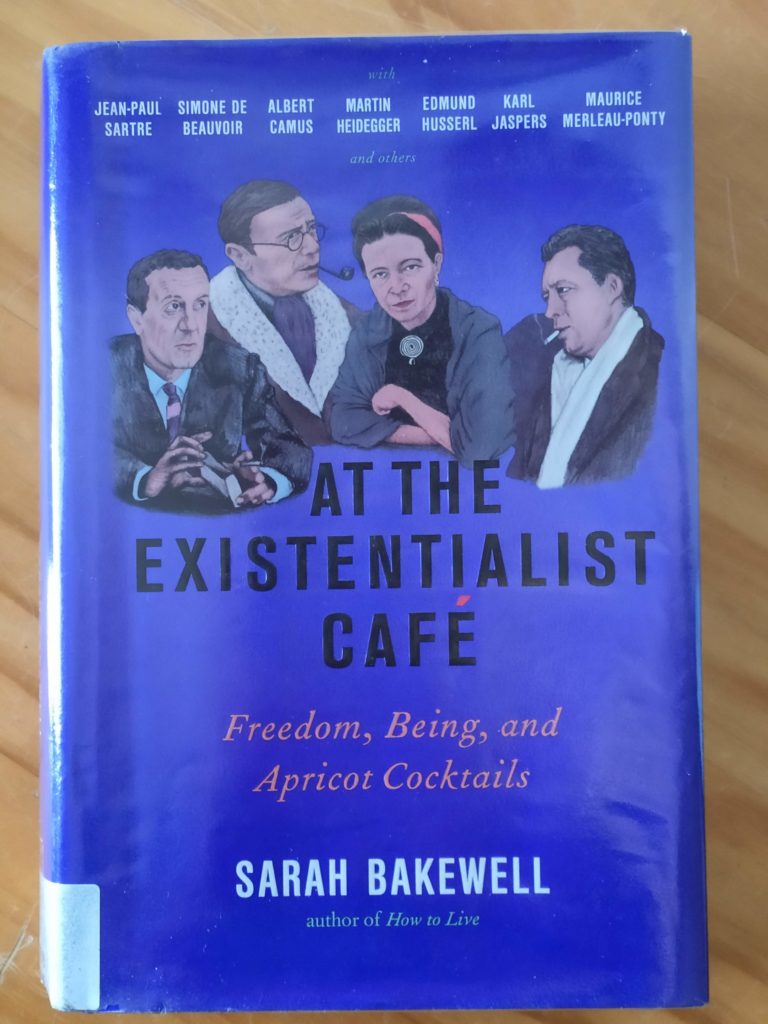
This is an excellent and wide-ranging description of the genesis of existentialism. It includes descriptions of all the major figures you have heard of, like Sartre, de Beauvoir and Camus, and further back to the likes of Heidegger and Nietzsche and many many more. After reading this I feel I have a much better idea of these people as people, rather than abstract ideas or buzzwords. Although mostly, I would rather just know their ideas since it seems they weren’t all the nicest people. It’s interesting to read about the long and fraught relationships that (maybe) helped shape their thought.
Continue reading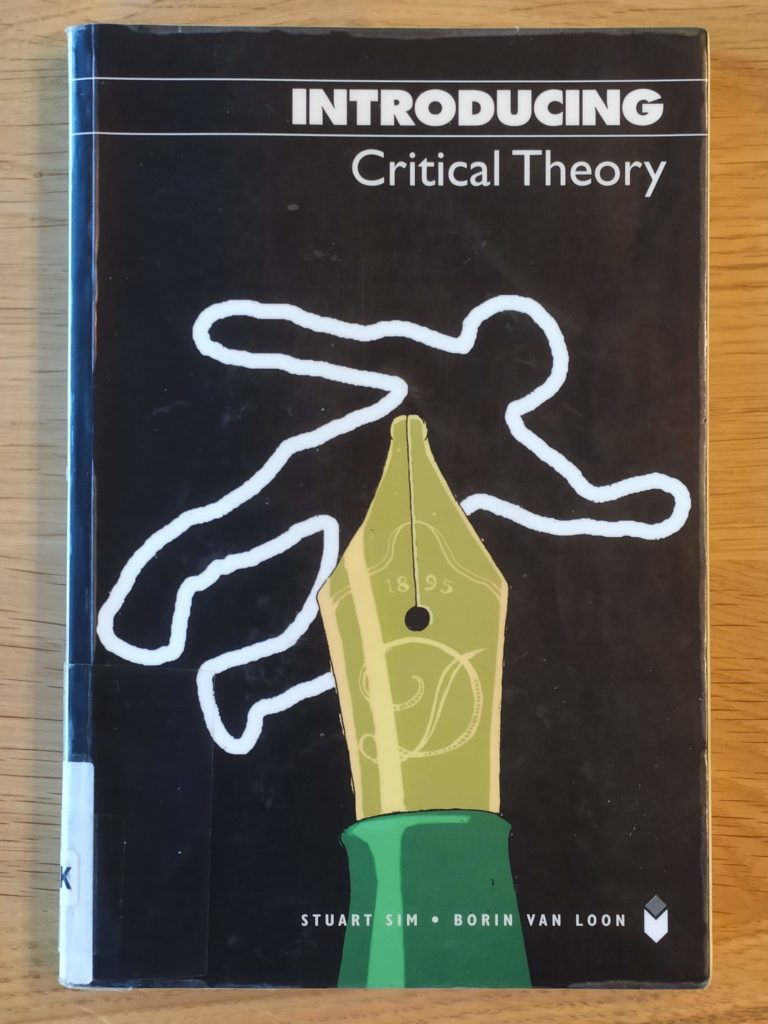
This is a dizzying whirlwind tour of Marxism, feminism, postmodernism, and so many other isms, theorists, philosophers and various thinkers. It can’t do much more than give the briefest summaries of these ideas, but it does help to see how they fit together historically. Sadly there is nothing on critical race theory, which seems to have become a thing recently. Still there is a lot to chew on and a lot of launching points for further reading, if only I had a spare decade or so.

This random grab bag of philosophical ideas covers religion, ethics, metaphysics, logic and quite a lot more. It’s not really cohesive but it is interesting all the way through.
Continue reading
In 1962, a short philosophy paper caused a little flurry in philosophical circles. Two decades later David Foster Wallace, armed with further developments in analysis, created an elaborate system of notation to solve the problem raised in the paper. This book contains Richard Taylor’s original paper, the resultant flurry, and Wallace’s solution. It also contains a fair amount of background information about the whole exchange.
Continue reading
I love reading almost anything that Martin Gardner wrote. His thinking is clear and logical, sensitive and nuanced. Mostly I have read his writings on mathematics and puzzles, though I also really enjoyed his book of essays The Night Is Large. Unfortunately, this book is not in the same league.
Continue reading
Friedrich Nietzsche has been called the most influential philosopher of the 20th century. His life story is full of pain and frustration; it’s harrowing at times and does not end well for him personally. This detailed yet lively biography is pretty interesting despite, or maybe because of, the mountain of tangential minutiae in it.
Continue reading
“The Scrutonizer”*, real name Roger Scruton (or more correctly and impressively, Sir Roger Scruton) is an English conservative (but not Conservative) philosopher. He is no right-wing loony though — his views tend to be very carefully considered and sensible. This book collects a number of his thoughtful yet somewhat fierce essays.
Continue reading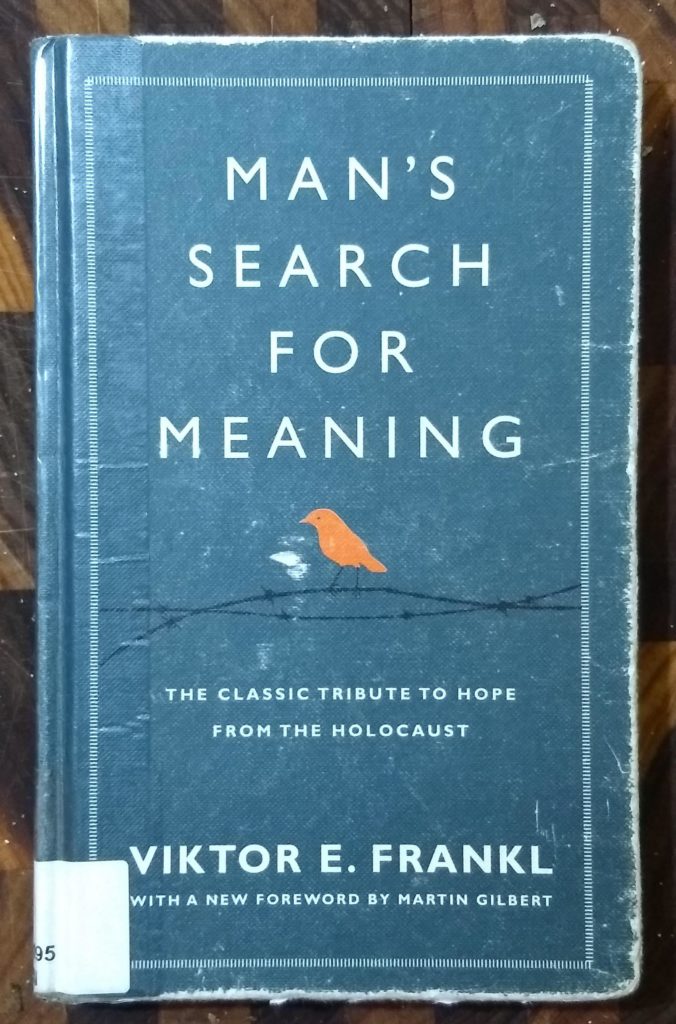
Viktor Frankl was a doctor who spend several years during the second world war in concentration camps and forced labour camps, including Auschwitz. He writes about his experiences in the camps and about how camp life affected people — both the prisoners and the guards.
Continue reading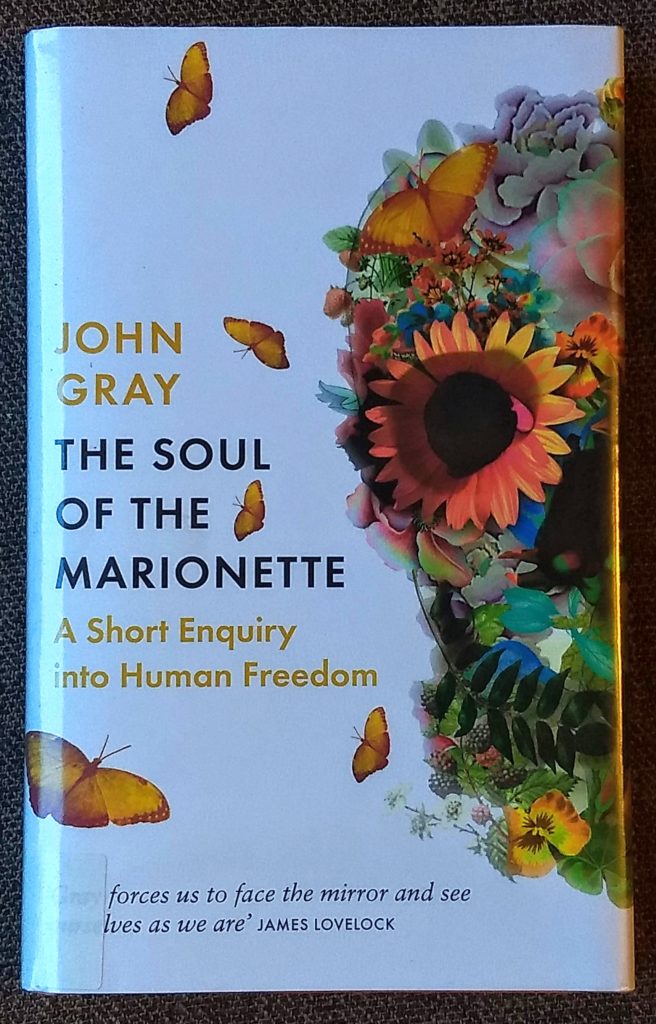
“Provocative and freewheeling” reads the blurb on this book. That’s a fair description, though “freewheeling” could just as well be “unfocused” or “rambling”. Gray claims that modern culture, especially western culture, pretends to be rationalistic and scientific but is actually just as religious as older faith-based cultures. In fact he treads the well-worn path of saying that the older cultures are more “authentic” and that what we have now is just a confused version of what came before:
Continue reading